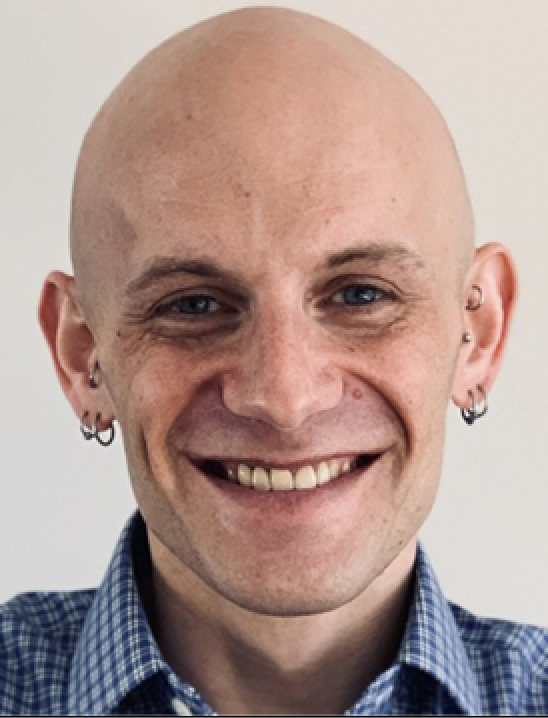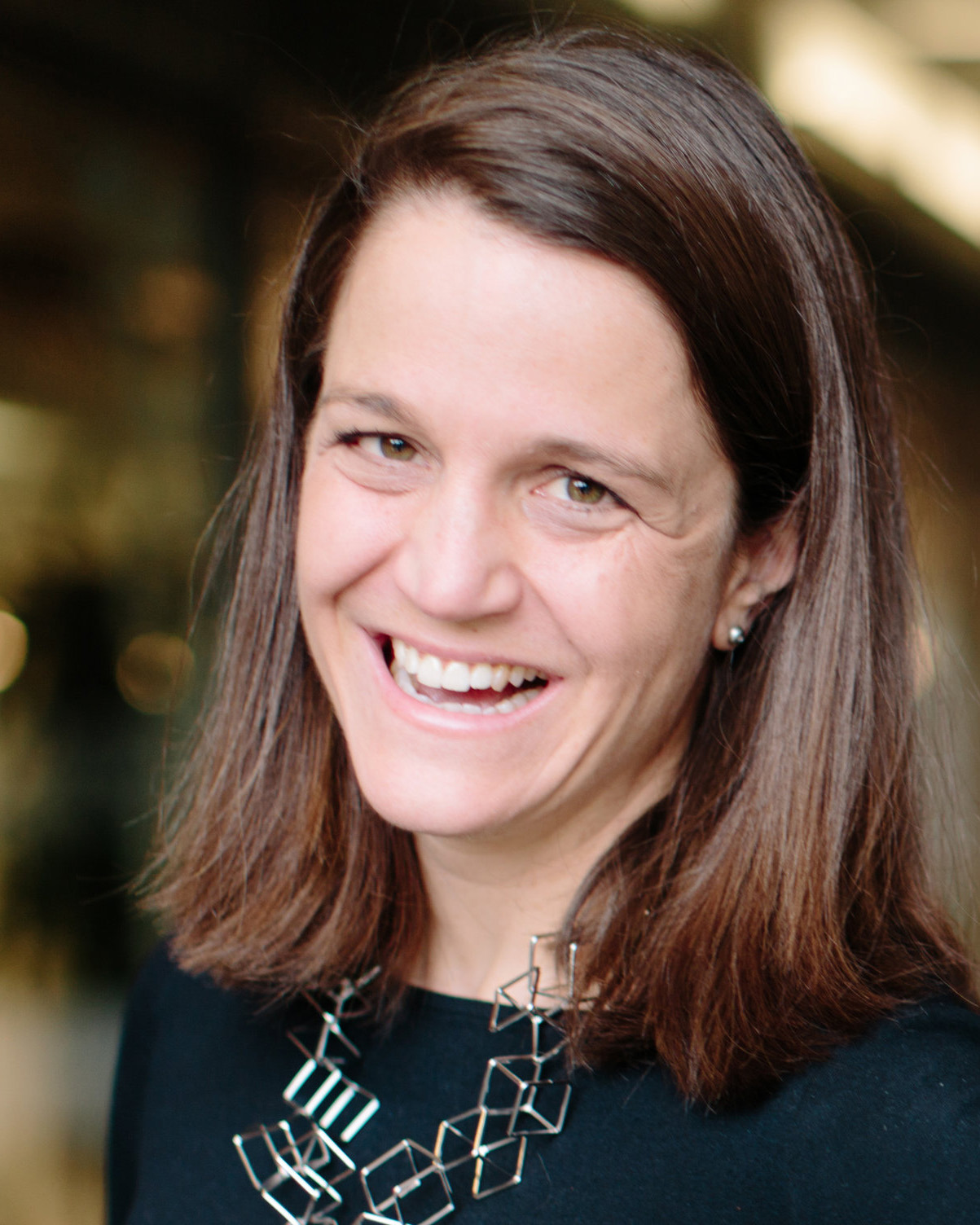Thought Leader Dialogue: AI and the Future of Work
Thursday, May 2nd, 2024
Speakers

Professor Melissa Valentine
Associate Professor of Management Science & Engineering at Stanford
Professor Melissa (Mav) Valentine is an Associate Professor at Stanford University in the Management Science and Engineering Department. Prof Valentine studies how technology is changing work and organizations. Recent studies include how experts can develop new capabilities and expertise using algorithms and how managers can use AI and algorithms to design and manage flash teams. Recently tenured, Prof Valentine spent her Sabbatical year as the inaugural Sabbatical Scholar at Stanford Institute for Human-Centered Artificial Intelligence. She and collaborators have received best paper awards for research in both management and HCI conferences. Her work has been covered in the New York Times, The Wall Street Journal, Harvard Business Review, Wired, Fast Company, and The Financial Times. Prof Valentine holds a bachelor's degree from Stanford University, a master's degree from NYU, and a Ph.D. from Harvard University. She was recognized with an NSF CAREER award in 2019.

Dr. Rebecca Hinds
Head of The Work Innovation Lab at Asana
Dr. Hinds received her PhD from Stanford University, where her interdisciplinary research focused on how technology and new ways of work are transforming organizations. She is passionate about the intersection of technology, leadership, and the evolving nature of work. Dr. Hinds likes spotlighting the evidence-based truths about how we work and lead. She is interested in collaborations, evidence-based discussions, weird ideas, and opportunities that push the boundaries of our understanding of work and leadership in this digital age.

Dr. Brent Hecht
Partner Director of Applied Science at Microsoft, Northwestern PhD '12
Dr. Brent Hecht is Director of Applied Science at Microsoft, where he is helping lead the company-wide efforts to introduce generative AI into Microsoft’s products and to adapt Microsoft’s products to a hybrid work world. Dr. Hecht has an additional appointment as an Associate Professor at Northwestern University and leads Northwestern’s People, Space, and Algorithms (PSA) Research Group.
Dr. Hecht has been doing award-winning human-centered artificial intelligence (AI) research for over 10 years and his work has been particularly influential in language modeling, responsible AI and their intersection. His early work was central in identifying what we now call ‘algorithmic bias’. He is the recipient of a CAREER award from the U.S. National Science Foundation and his work has received Best Paper recognition at top-tier publication venues in human-centered AI (e.g. ACM SIGCHI, ACM CSCW, ACM Mobile HCI, AAAI ICWSM). Dr. Hecht’s research has been featured by The New York Times, the Washington Post, Wired, MIT Tech Review, the Atlantic, Le Monde, Der Spiegel, and other outlets. He was on the founding executive committee of ACM FAccT, the premiere publication venue for responsible AI research, and he played a key role in catalyzing the rapidly growing movement for AI researchers (e.g. NeurIPS authors) to more deeply engage with the societal impacts of their work.

Professor Elizabeth Gerber
Professor of Mechanical Engineering, Communication Studies and Design
Elizabeth Gerber is a professor of Mechanical Engineering and Communications Studies at Northwestern. Dr. Gerber is the co-Director of the Center for Human Computer Interaction + Design, co-Director of the Delta Lab, and faculty founder of Design for America. Dr. Gerber is a leading figure in the field of collective innovation, studying the processes through which collectives, networks and organizations adopt technology to collaborate, innovate and create, as well as the design principles through which digital infrastructures can be built to support such innovation. Dr. Gerber is the recipient of the ACM's Social Impact Award and the Beckman Trust Award for inspiring students to create organizations which demonstrably confer benefits on the community at large. Dr.'s Gerber brainchild, Design for America, has also received the Smithsonian's Cooper Hewitt National Design Award.
